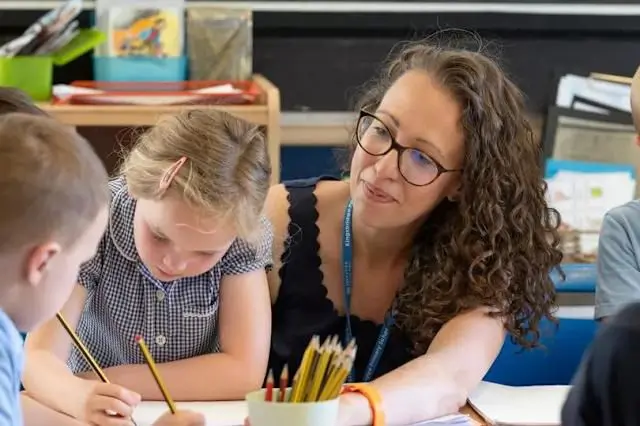An Ofsted inspector has called on special schools to decolonise their curriculum and move beyond a colour-blind approach to education.
Priya Bhagrath, who is also the head teacher of Bishopswood School, a special educational needs and disabilities (SEND) school near Reading, Berkshire, said that pupils in special education deserve an inclusive curriculum that reflects their identities and lived experiences.
Bhagrath highlighted that following the 2020 murder of George Floyd in the United States, many mainstream schools began to examine their role in systemic racism. However, she said the conversation largely excluded the SEND sector, despite many of its pupils belonging to the global majority, a term referring to ethnic groups other than white British and white Europeans.
“The sector that serves our most vulnerable pupils, many of them also the global majority, was excluded from the conversation altogether,” Bhagrath wrote.
Ofsted inspector outlines pillars to creating an anti-racist education within special schools
She outlined four key pillars she believes are essential to creating an anti-racist education within special schools, which are: Multicultural education, Increased representation, decolonising the curriculum and Anti-racist practices.
Bhagrath urged schools and educational leaders to take action, warning that students who are both from racialised communities and have special educational needs are being “failed by a system that was never designed with them in mind.”
“This is a call for collective action,” she said. “We do not need more evidence, but we need resolve.”
She also criticised superficial diversity efforts, stating: “We cannot keep rolling out saris for sensory play and calling it multicultural inclusion. We cannot keep hiring diverse staff without creating real leadership pathways. And we cannot keep labelling families as ‘hard to reach’ when no meaningful effort has been made.”
Bhagrath concluded by urging anyone involved in education, whether as a teacher, policymaker, or parent, to place intersectionality at the centre of their efforts. “If you believe inclusion matters, then intersectionality must be at the heart of your work,” she wrote.
While Bhagrath carries out inspections for Ofsted, she is not a full-time Ofsted employee. Like many Ofsted Inspectors (OIs), she works in education and contributes to inspections alongside her primary role as a head teacher.



